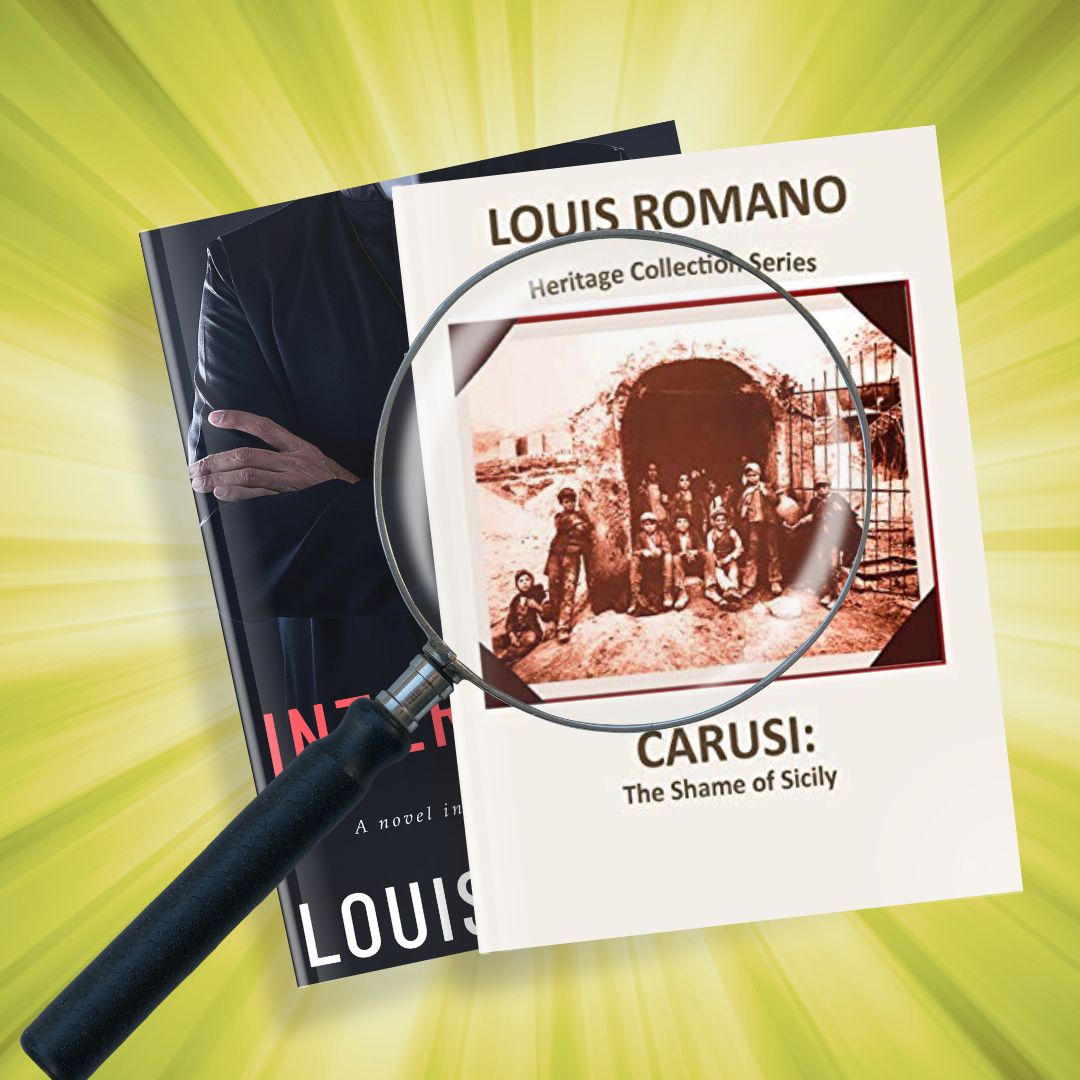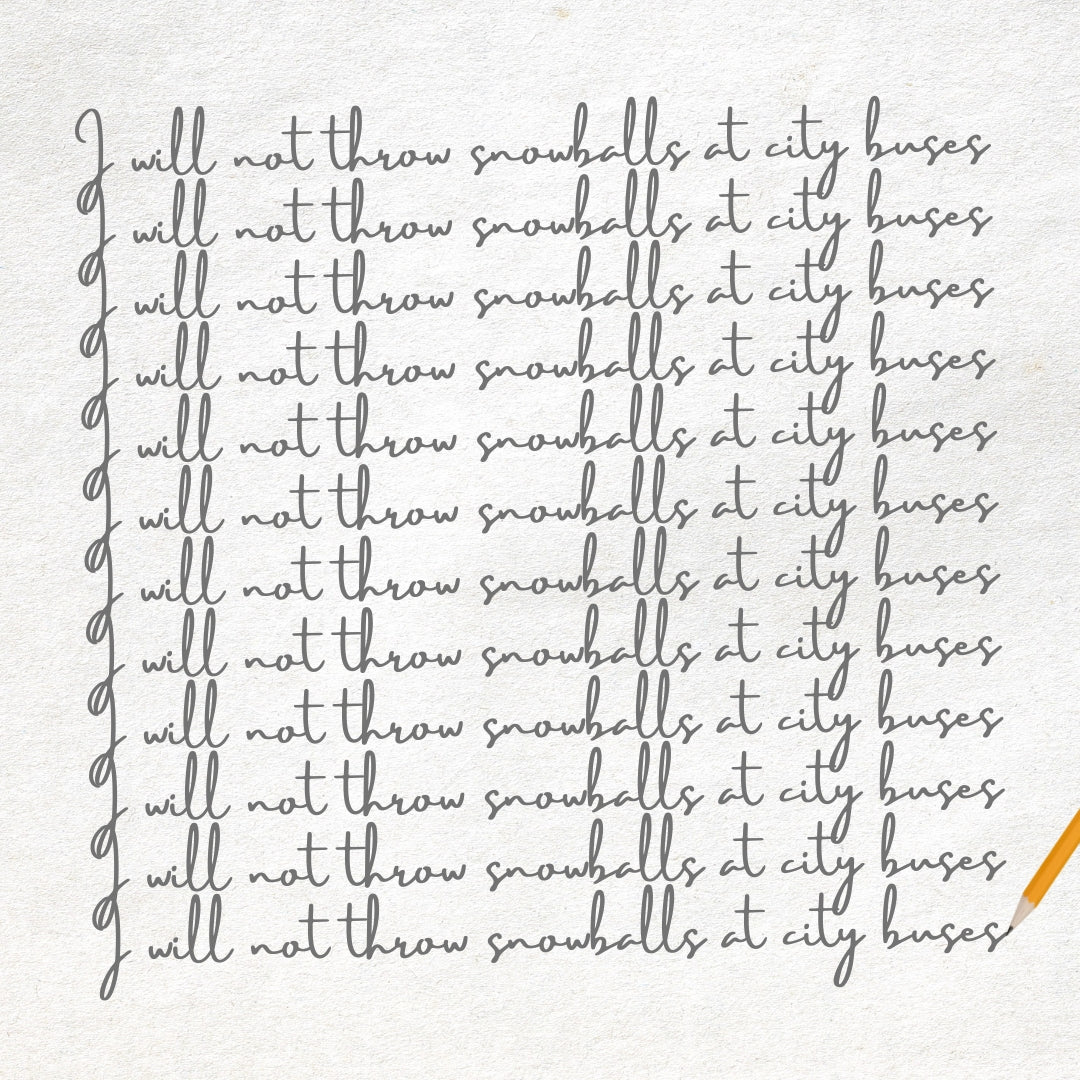I’ve been told that the descriptions of the characters and locations in my books are extremely vivid. I take that as a great compliment.
It’s because I do months of research.
While NYC and The Bronx locations in the books are burned into my memory from childhood and making a career in sales in the area, other places in my novels like Rome, Florence, Memphis, Philadelphia, London, Sicily, Germany, Switzerland, and others required a personal visit. And I got a vacation as well.
I will admit that there were a couple of murders in INTERCESSION in Dublin, Ireland, where I used Google Maps and found it fabulous for describing the city. Generally, I like to see the places where the action takes place and make mental, photographic, and written notes.
One of my most memorable trips was to Lercara Friddi, Sicily, where my mother’s ancestors came from.
It’s a small hillside town about an hour south of Palermo. I went on my second visit to specifically see the sulfur mines for my book CARUSI: The Shame of Sicily.
I had read about the Carusi boys, some as young as 5 years old who were forced to work in the mines as indentured servants. I toured the mines in several towns and got an idea of the physical and emotional danger the boys faced. The kids from my village were called “The Hunchbacks” due to the physical deformities they suffered from working below ground in 116-degree temperatures and carrying baskets of sulfur ore to the surface. The smell of the sulfur was enough to make anyone ill. I interviewed several elderly men who were Carusi in the mines, and it was an amazing experience to hear how they lived. I asked one very old man what the worst thing he ever saw in the mines was. He replied, “Tutti giorni”, every day. I repeated my question, and his answer was the same. Every day for these boys and men was a nightmare. He worked underground for 36 years.
Both INTERCESSION and CARUSI were the most emotionally trying books for me. I described why INTERCESSION was so upsetting in an earlier blog.
Writing Carusi, I had to fight back tears and often needed to get away from my computer because I found myself ready to sob. I thought of all the boys from my hometown and how they suffered and thought of my sons, grandsons, and relatives who could have been Carusi. Horrible.
One of the men I interviewed told me that he often ate an apple or a peach in the early morning and had a sugar cube for lunch.
Booker T. Washington himself, an African-American born into slavery, wrote in 1910: "I am not prepared just now to say to what extent I believe in a physical hell in the next world, but a Sulphur mine in Sicily is about the nearest thing to hell that I expect to see in this life."
Just imagine for a moment how the parents of the Carusi felt.



